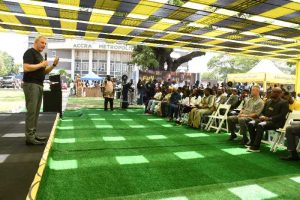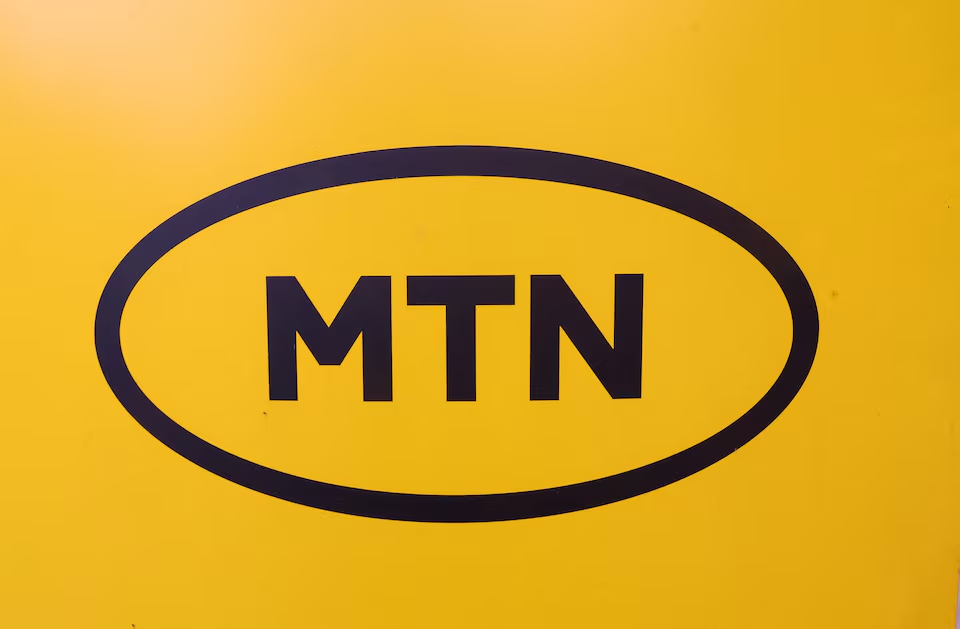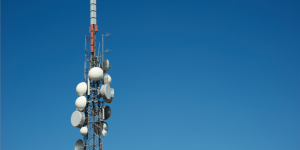This represents an increase over the GHC1.04 billion the telcos paid in 2013, according to the study.
Below are key themes and findings from the study;
- In 2014, the total taxes borne (including profit taxes such as Corporate Income Tax, National Fiscal Stabilisation Levy, people taxes, product taxes and property taxes) increased by 22% in cedi terms.
- The taxes collected was about 2.5 and 3.2 times the amount of taxes borne in 2014 and 2013 respectively. The members of the chamber contributed far more in other taxes paid to the national revenues than is recognized through profit taxes alone.
- Total taxes borne and total taxes collected resulted in a total tax of GHC1.04 billion and GHC1.05 billion in 2013 and 2014 respectively from the sector. This contribution forms 6.9% and 5.4% of the Government of Ghana’s tax revenue (Ministry of Finance, 20141 and 20152 budget statements) for 2013 and 2014 respectively.
- Product taxes and regulatory fees paid to regulatory agencies together constitute the largest type of tax payment. The product taxes mainly comprise of the statutory 1% net revenue contribution to National Communications Authority (“NCA”) and Ghana Investment Fund for Electronic Communications (“GIFEC”). The product taxes and regulatory fees exceeded the usual visible profit taxes such as corporate income tax.
- The study continues to show an increase in product taxes collected such as Communication Services Tax (CST) and Value-Added Tax (VAT). CST is an industry specific tax which was introduced in 2008 to raise revenue from the communications services rendered by telecom operators to their customers. The CST paid by members increased by over 57% from 2012 to 2014. The increase relates to the growth of the telecoms sector over the period as well as changes in underlying laws governing the collection of taxes on voice and data service.
- The members of GCT have been engaged in various Corporate Social Responsibility activities (“CSR”) mainly in the education sector, health sector and economic development areas as part of their contributions to the society at large. In perspective, the CSR contributions represented 5.7% to 1.2% of the average taxes collected for government between 2011 and 2014.
- Overall, there was a decline in capital expenditure by an average of 43% between 2011 and 2013. The decline may be attributed to changes in legislation that required telecommunications operators to divest their tower portfolios and the investment life cycles of the industry that requires high level of investment in capital in early years. However, there was an increase in operating expenditures by 63% between 2012 and 2013. The telecommunication operators are expected to incur additional costs of renting towers.
- The total tax contribution per user measures how much each end user pays per cedi of revenue earned by members. In 2013, for every GHC8.35 of revenue generated by a telecommunication entity, the customer paid GHC2.8 in taxes – both borne and collected.
Chamber Communications Desk




